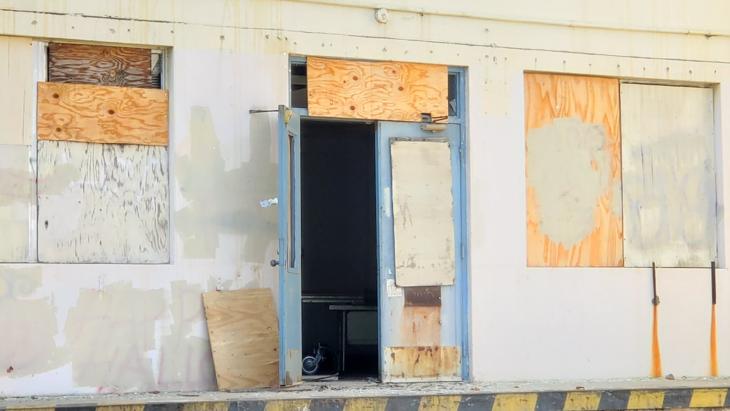Flexibility is an important skill to have in today’s ever-changing world. Whether it’s adapting to a new workplace, adjusting to a new project or taking on unexpected tasks, being flexible can help you stay ahead of the competition. Fortunately, flexibility is something that can be learned and developed over time. Here are some tips on how to improve your flexibility and stay agile in any situation.
Building Flexibility
The first step in improving your flexibility is recognizing the need for it in the first place. Once you understand why being flexible is important, you can start working on it. To build up your flexibility, try incorporating some of the following activities into your daily routine:
-
Take breaks during work or study sessions: Taking regular breaks throughout the day helps refocus your mind and body. By stepping away from work or school projects for a few minutes every few hours, you will be better able to approach tasks with a fresh perspective once you return.
-
Exercise regularly: Physical activity helps keep the body limber and agile, so make sure to take regular exercise breaks throughout the day as well. Some exercises that are particularly good at helping with overall flexibility include yoga, Pilates, stretching and Tai Chi.
-
Practice mindful breathing: Mindful breathing helps keep stress levels down while increasing overall awareness of yourself and your environment. Allowing yourself a few minutes each day for mindful breathing can help prepare you for any unexpected tasks that may come up throughout the day or week.

Adjusting Your Attitude
In addition to physical activities like exercise or stretching, mental exercises are also important when it comes to building up flexibility in both thought processes and reactions to different situations. Here are some tips on how to adjust your attitude when faced with an unexpected task or challenge:
-
Take time for reflection: Instead of jumping straight into action mode when faced with an unexpected task or challenge, take some time for reflection first so that you can assess it properly before making any decisions about how best to tackle it. This will help ensure that whatever action plan you decide upon is well-thought-out instead of rushed or ill-informed in any way.
-
Talk through solutions with others: Talking through solutions with other people – whether they’re colleagues at work or friends outside of work – can provide valuable insight into different ways of approaching an issue as well as potential pitfalls along the way that may not be immediately apparent at first glance by yourself alone1
-
Remain open-minded: Always remember to keep an open mind when dealing with new tasks and challenges as this will help ensure that all possible solutions are explored before settling on one particular course of action2

Conclusion
Being flexible isn’t something we’re born knowing how to do—it’s something we have to learn and develop over time through practice and patience3 With dedication and focus on both physical activities such as exercise as well as mental practices like staying open minded, anyone can become more flexible both mentally and physically—and ready for whatever life throws their way4

 The Importance of Saving for a House: How to Plan and Save for Your First Home
The Importance of Saving for a House: How to Plan and Save for Your First Home